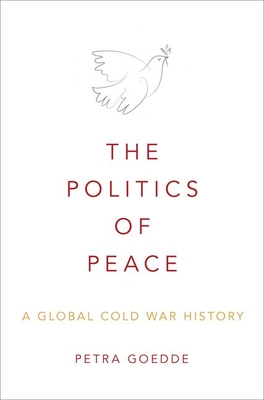Expedite your nonfiction book discovery process with Readara interviews, summaries and recommendations, Broaden your knowledge and gain insights from leading experts and scholars
In-depth, hour-long interviews with notable nonfiction authors, Gain new perspectives and ideas from the writer’s expertise and research, Valuable resource for readers and researchers
Optimize your book discovery process, Four-to eight-page summaries prepared by subject matter experts, Quickly review the book’s central messages and range of content
Books are handpicked covering a wide range of important categories and topics, Selected authors are subject experts, field professionals, or distinguished academics
Our editorial team includes books offering insights, unique views and researched-narratives in categories, Trade shows and book fairs, Book signings and in person author talks,Webinars and online events
Connect with editors and designers,Discover PR & marketing services providers, Source printers and related service providers

Politics of Peace: A Global Cold War History
History > United States - 20th Century
- Oxford University Press, USA
- Hardcover
- 9780195370836
- 9.5 X 6.3 X 1.1 inches
- 1.3 pounds
- History > United States - 20th Century
- (Single Author) Asian American
- English
Readara.com
Book Description
This study explores the emerging politics of peace, both as an ideal and as a pragmatic aspect of international relations, during the early cold war. It traces the myriad ways in which a broad spectrum of people involved in and affected by the cold war used, altered, and fought over a seemingly universal concept. These dynamic interactions involved three sets of global actors: cold war states, peace advocacy groups, and anti-colonial liberationists. These transnational networks challenged and eventually undermined the cold war order. They did so not just with reference to the United States, the Soviet Union, and Western Europe, but also by addressing the violence of national liberation movements in the Third World. As Petra Goedde shows in this work, deterritorializing the cold war reveals the fractures that emerged within each cold war camp, as activists both challenged their own governments over the right path toward global peace and challenged each other over the best strategy to achieve it.
The Politics of Peace demonstrates that the scientists, journalists, publishers, feminists, and religious leaders who drove the international discourse on peace after World War II laid the groundwork for the eventual political transformation of the Cold War.
Author Bio
Petra Goedde is Professor of History at Temple University and editor of the journal Diplomatic History. She received her MA and PhD in History from Northwestern University. Her research interests are in U.S. foreign relations, transnational, culture, and gender history.
She has authored and co-edited four books, among them The Politics of Peace: A Global Cold War History (Oxford 2019), and GIs and Germans: Culture, Gender, and Foreign Relations, 1945-1949 (Yale 2003).
She has written articles on cultural globalization since 1945, transnational history, and culture and gender in U.S. foreign relations history. From 2015 to 2019 she served as the Director of the Center for the Humanities at Temple (CHAT).
She has held numerous fellowships in support of her research, among them the German Academic Exchange Service, the Charles Warren Center at Harvard University, the Shelby Cullom Davis Center at Princeton University, and the Center of Advanced Studies at the Ludwig Maximilian University, Munich, Germany. Currently she is completing a co-authored book manuscript with Akira Iriye, International History: A Cultural Approach.
Source: Temple University College of Liberal Arts
Videos
No Videos
Community reviews
No Community reviews

